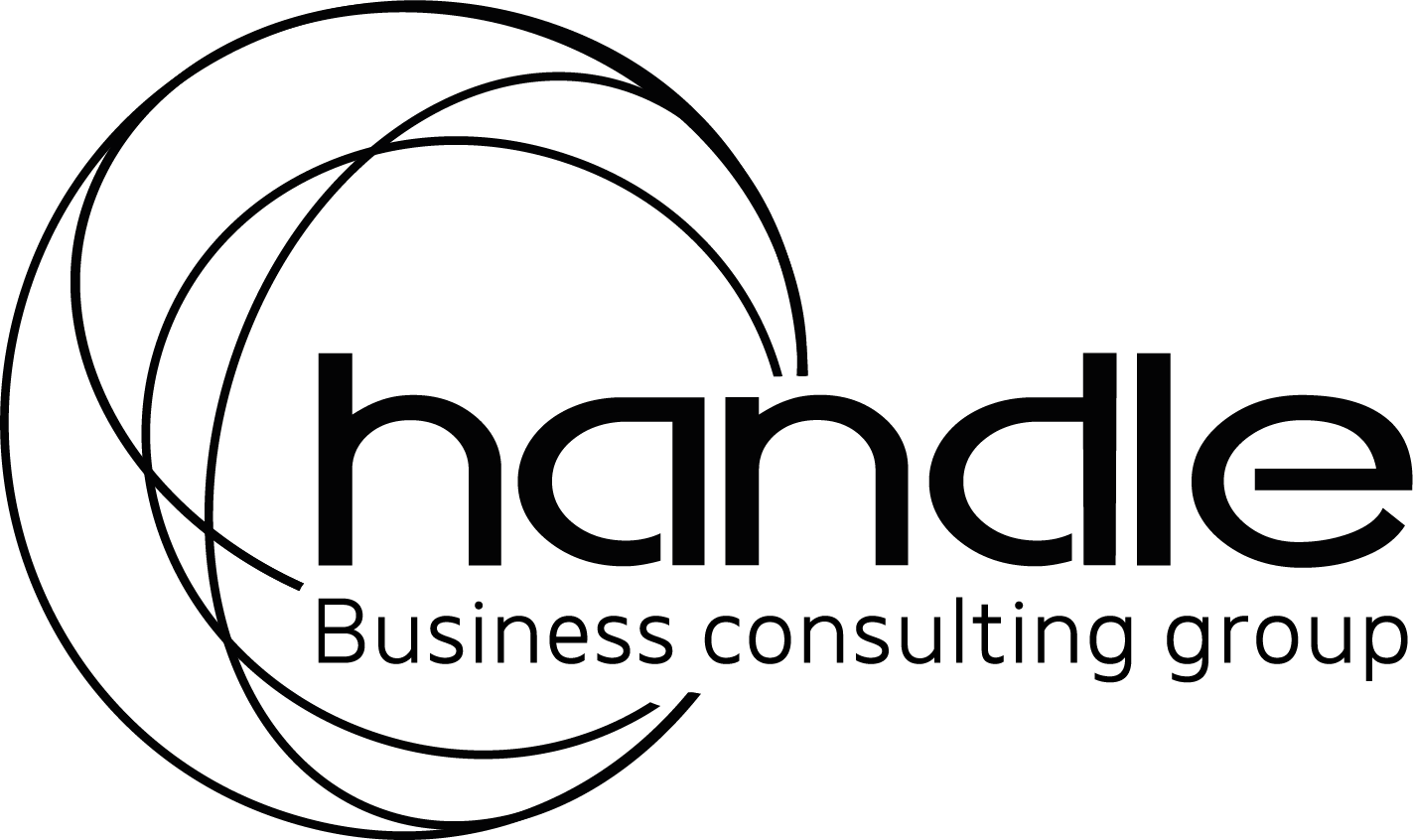Family-owned enterprises generate 60 percent of region’s GDP

Family businesses are key economic contributors in Gulf countries
A plenary discussion at the ongoing Campden Global Owners & Family Office Congress underscored the importance of family businesses in driving sustainable development, especially in the Gulf region.
The inaugural edition of the said congress is taking place until October 13. Co-hosted by Dubai Chambers, it gathered more than 300 family business leaders from over 30 countries.
On governance and institutionalization
On October 10, the congress hosted the discussion titled “The key to long-term, multi-generational family success.” Speaking at the event, Badr Jafar shared that family businesses produce over 60 percent of the Gulf region’s gross domestic product (GDP). Additionally, they employ more than 80 percent of the workforce.
He is the chief executive officer (CEO) of Crescent Enterprises. The Sharjah-headquartered company has businesses in ports and logistics, and food and beverages, among others.
“They can and must be at the forefront of addressing all challenges we face in our region, including socio-economic challenges such as youth unemployment and the growing skills deficit,” he added.
While economic downturns induced by the pandemic affected many organizations in the Middle East, an impressive 65 percent of family enterprises reported growth in their latest fiscal year. Specifically, 26 percent achieved double-digit growth. This is according to a PwC report.
With the vital role that family enterprises play, Jafar underpinned the importance of implementing proper structures and frameworks.
“Without proper governance frameworks and policies, we face a huge risk of value destruction of this critical economic and social engine. Family businesses must therefore urgently professionalize structures and implement solid succession plans to ensure resilience and sustainability,” he stated
The discussion also featured Francois von Finck, chairman of Mövenpick Holding AG, and Mohammad Lootah, CEO and president of Dubai Chambers.
Multi-sectoral contribution
The discussion also highlighted the different sectors where family businesses in the Gulf region can make a positive impact. These include education, job creation, gender diversity, and sustainable business practices.
As Jafar emphasized, it is vital to develop a robust philanthropic infrastructure and transparent governance. This is to maximize the impact of the billions of dollars of philanthropic capital that Arab communities invest yearly. Dubai Chambers reported that UAE-based investors alone have access to $8 trillion in private capital across the Middle East, Africa, and South Asia.
Jafar additionally pointed out how family businesses can contribute to advancing various climate and environmental goals.
“The upcoming COP28 Business & Philanthropy Climate Forum represents a critical turning point in our collective efforts to drive action, accelerate green technology transfer, de-risk green investments through blended finance, foster entrepreneurial solutions for climate and nature challenges, and support climate-vulnerable countries in building a more resilient and sustainable future,” he added. He is also sits as the chair of the upcoming COP28 Business & Philanthropy Climate Forum.
Source: Economy Middle East














